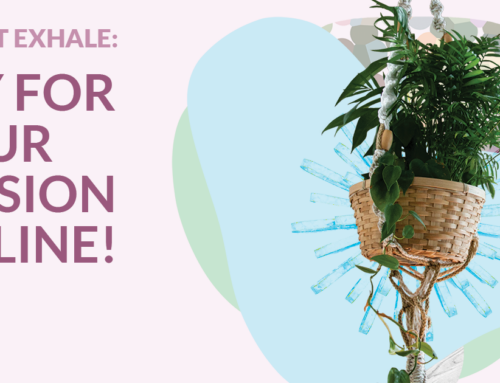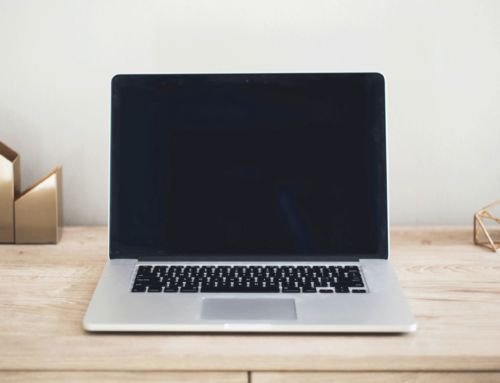Living Is Learning
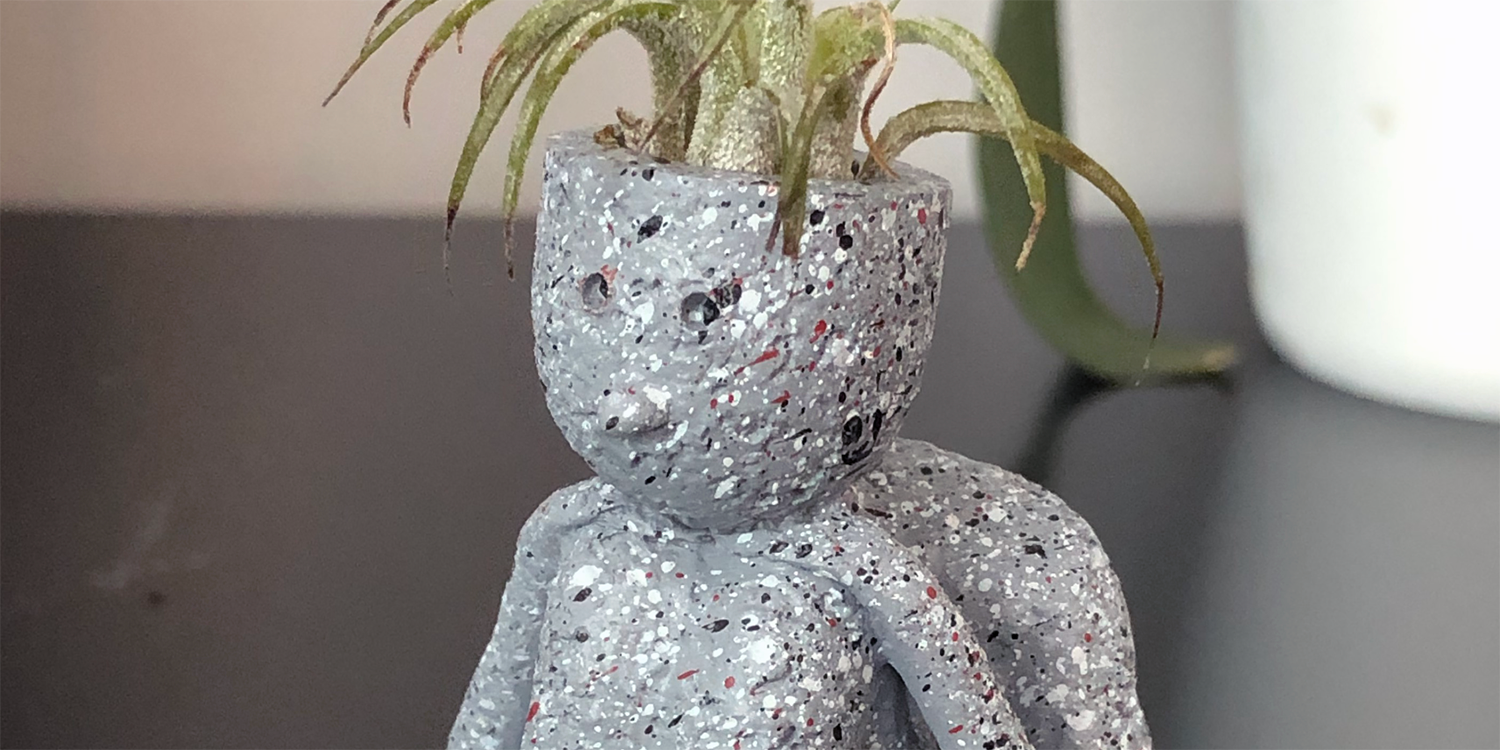
Share this story.

Last week, I was washing my coffee mug in the kitchen of our practice, as my mind whirled with a few of the sessions I’ve had with clients this week. As I attempted to scrub the coffee stains from one of my favorite mugs, I began thinking about how our brains are “like sponges”.
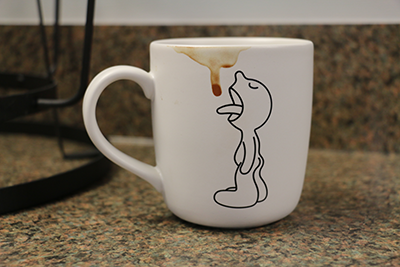
It’s true. When we are first born, we are like sponges for all of the new information coming at us. We are eager to learn anything and everything so that we may become independent and go out into the world to make something of ourselves. We learn from everybody around us, and through countless types of messages. We receive these messages through different stimuli; tastes, sounds, smells, faces people make at us, and touch. Our development is rapid and we are learning at a fast pace.
Throughout our life cycle, this sponge effect
ebbs and flows.
It increases and decreases depending on our developmental stage. Regardless of whether we are actively receiving and taking in new information, or passively experiencing information – we are always learning. It’s as if our brains can’t help it.
The truth is, at every stage of life, we are learning and absorbing new information – whether you realize it or not. This information gives us knowledge on how to do things, have relationships, win in trivia games, and learn from experiences. All of this comes from living our life, the interests we have, and with the people we surround ourselves.
We need to allow ourselves to learn from our past experiences and move forward.
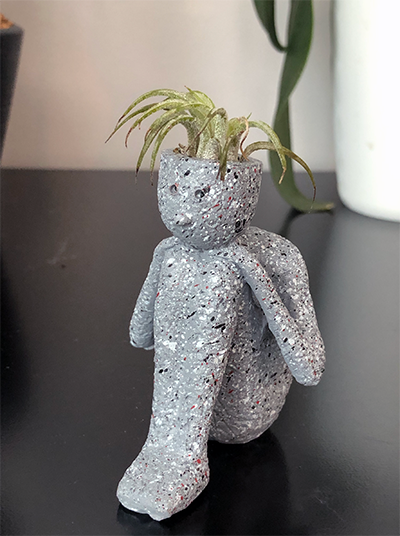
We have all experienced taste aversion. This is when a food we eat doesn’t agree with us, and later, when we are confronted with the same food again, our brain (often subconsciously) reminds us of the negative experience we had with this food last time around and tells us we better avoid it now. Biologically, our bodies and brain remember, so that we don’t poison ourselves again. This is proof that we are innately capable of learning from our past experiences and use these lessons to inform our decisions in the future. What’s interesting in this example, is that – unless that food really did you wrong – we generally don’t dwell or question the bad experience that’s now behind us. We don’t think, “Why did that happen to me?”, “Is this a reflection of my worth as a person?”, or “What could have I done differently?”. It’s because we know it won’t make a difference today. All we can do now, is steer clear of the food, in hopes of stopping history from repeating itself.
We should try to view all past experiences in that same, useful way. No matter how difficult a past experience may have been, trust that you have learned from it and you are a stronger person because of it. There’s no use in reliving, ruminating, or otherwise lingering on the experience. It’s better to accept hardship as a part of life and try to move on, knowing what we know now. We need to allow ourselves to live, so that we can learn and accept the process as our worthwhile life.
But don’t just take my word for it – this is what a famous scientist from the early 1900s had to say on the matter:
